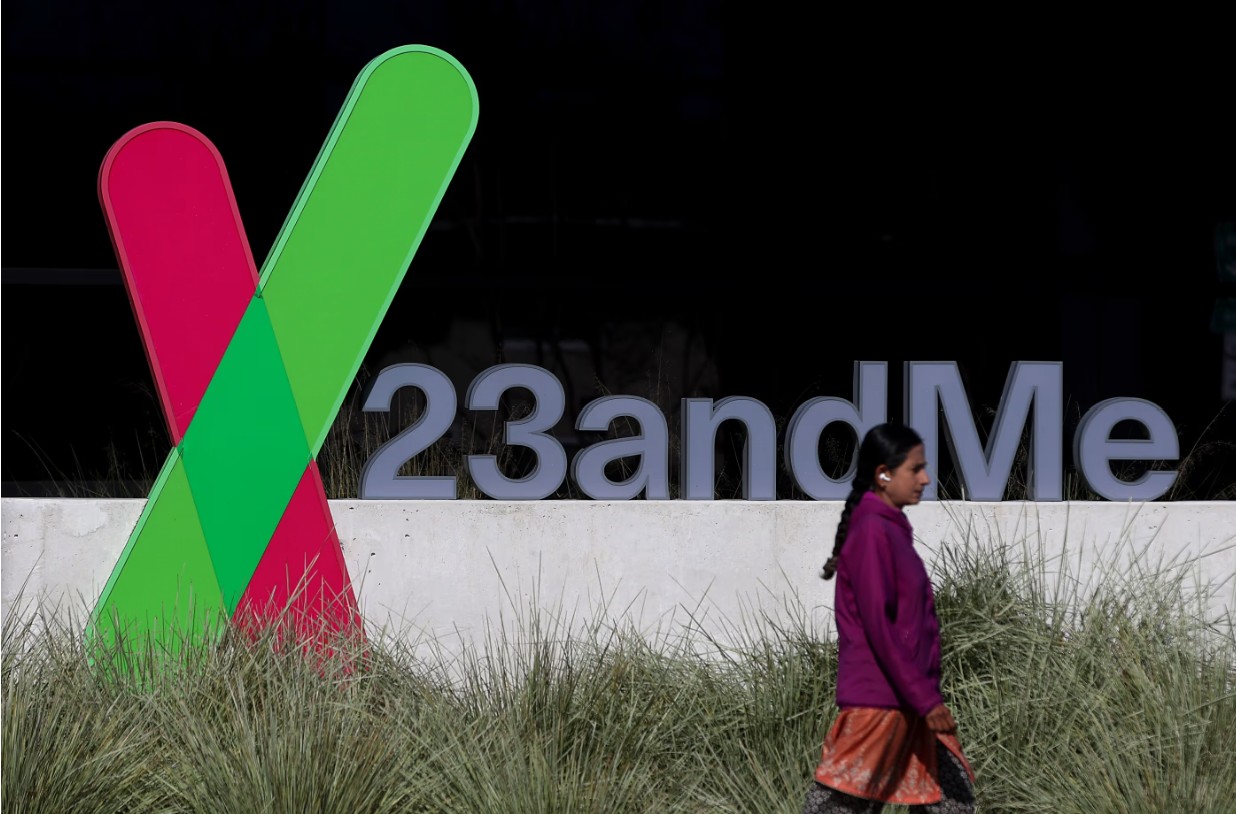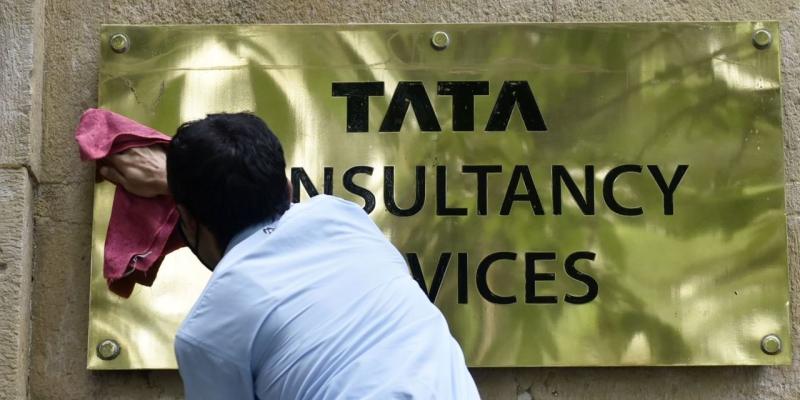23 and me
The 23andMe bankruptcy saga presents a fascinating privacy dilemma that highlights the challenges of managing agreements and commitments for a vast customer base of 15 million individuals. This situation serves as a cautionary tale for both businesses and consumers in rapidly evolving markets.
The Privacy Predicament
23andMe, once a pioneer in direct-to-consumer genetic testing, has filed for bankruptcy. This development has raised significant concerns about the fate of customers’ sensitive genetic data.
Unlike typical business transactions where a limited number of contracts are involved, 23andMe’s situation affects millions of customers who have entrusted the company with their most personal information – their genetic code. These customers now find themselves in a precarious position, with limited control over their data’s future.
Lessons from Corporate Acquisitions
In the business world, acquisitions often lead to changes in supplier relationships (see 300 percent price hikes push disgruntled VMware customers toward Broadcom rivals). From personal experience with a large number of contracts, new suppliers may initially honor existing commitments, although some may employ heavy-handed techniques to replace pre-existing contract terms. In such cases, businesses with a limited number of contracts often retain some leverage and can consider alternative suppliers if necessary.
However, 23andMe’s customers face a different reality. They lack the collective bargaining power and face significant obstacles in ensuring their data’s privacy, including difficulties in deleting their information. This power imbalance underscores the vulnerability of consumers in data-driven industries.
The Broader Implications
This situation illuminates the potential outcomes for companies in fast-growing markets characterized by annual losses:
- Success: Achieving profitability and sustainable growth.
- Acquisition: Being bought out by a larger entity.
- Failure: Filing for bankruptcy or ceasing operations.
23andMe’s journey from a promising startup to bankruptcy filing serves as a stark reminder of the volatility in emerging tech sectors, particularly those dealing with sensitive personal data.
Conclusion
The 23andMe bankruptcy underscores the importance of robust data protection policies and the value of consumer vigilance in an era where personal data has become a prized commodity. As we navigate this new landscape, it’s crucial to strike a balance between innovation and privacy protection, ensuring that the benefits of technological progress don’t come at the cost of individual rights and data security.

